Publications
Articles, publications, books, tools and multimedia features from the U.S. Institute of Peace provide the latest news, analysis, research findings, practitioner guides and reports, all related to the conflict zones and issues that are at the center of the Institute’s work to prevent and reduce violent conflict.
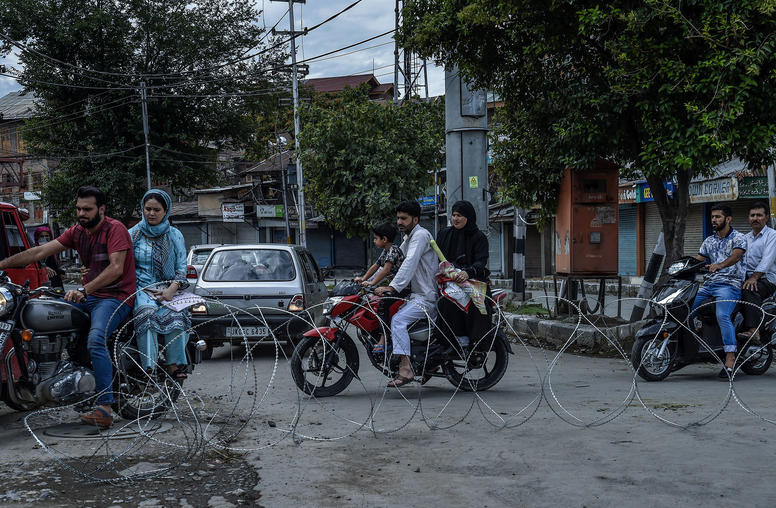
Toward a Kashmir Endgame? How India and Pakistan Could Negotiate a Lasting Solution
Kashmir has once again emerged as a major flashpoint between South Asia’s nuclear-armed rivals, India and Pakistan. The Indian government’s August 2019 withdrawal of statehood status for the Muslim-majority Jammu and Kashmir region intensified disaffection among separatists and the Kashmiri public. This report explores the strategies India and Pakistan have adopted toward Kashmir in the year since August 2019, and examines a potential road map for resolving the Kashmir conflict.
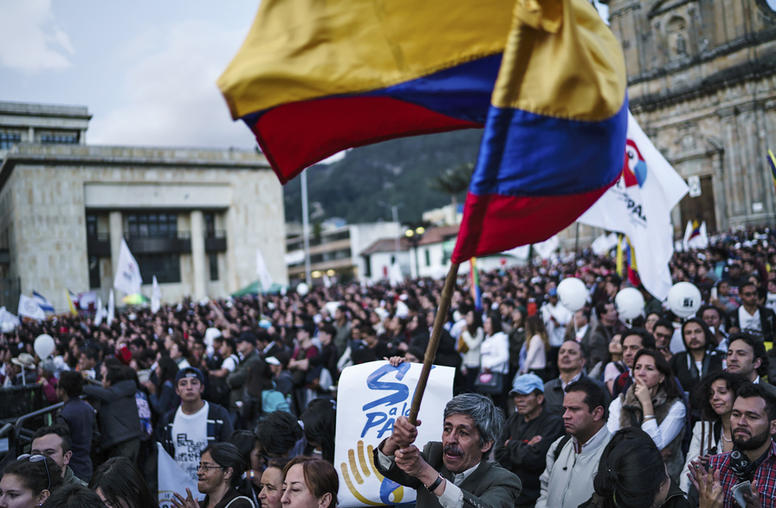
Measuring Collective Impact: Creating a Framework for Assessing Multiple Peacebuilding Projects in Colombia
USIP implemented its Initiative to Measure Peace and Conflict (IMPACT) program first in the Central African Republic and later in Colombia, where it worked directly with peacebuilding organizations to gauge their collective impact on fostering reconciliation in the wake of the 2016 peace accord between the government and FARC rebels. Drawing on the challenges encountered and lessons learned, this report provides suggestions for how future iterations of the IMPACT approach can help policymakers, donors, and practitioners achieve greater and more cost-effective results from the peacebuilding projects they support.
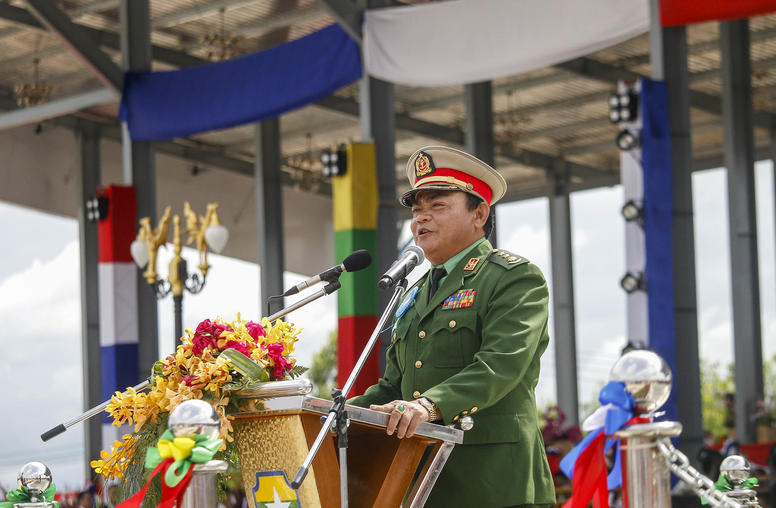
Myanmar’s Casino Cities: The Role of China and Transnational Criminal Networks
Seeking to profit from China's lucrative but illegal gambling market, a shady web of actors has begun building resort cities in Myanmar’s Karen State to cater to Chinese gamblers. This report casts light on the actors behind Myanmar’s illegal gambling sector, their linkages to Chinese government entities and to Myanmar's armed groups and military, and how their actions could upend Myanmar’s prospects for peace.
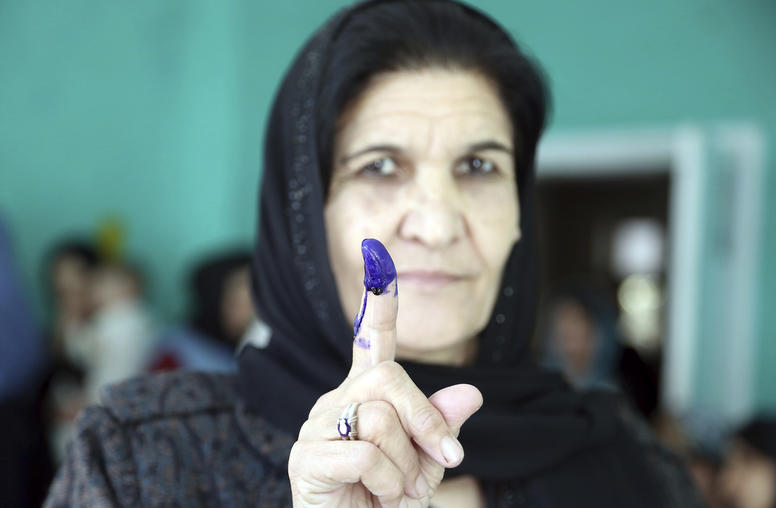
Legislature and Legislative Elections in Afghanistan: An Analysis
Afghanistan’s newest Wolesi Jirga—the lower house of the National Assembly—boasts a younger and more educated membership than those elected in either 2005 or 2010. Its representativeness, however, is uneven and problematic. This report offers a comparative profile of the Wolesi Jirgas elected in 2005, 2010, and 2018, highlighting issues salient to the reforms Afghanistan needs to undertake if it is to hold credible national elections that yield truly representative elected institutions.
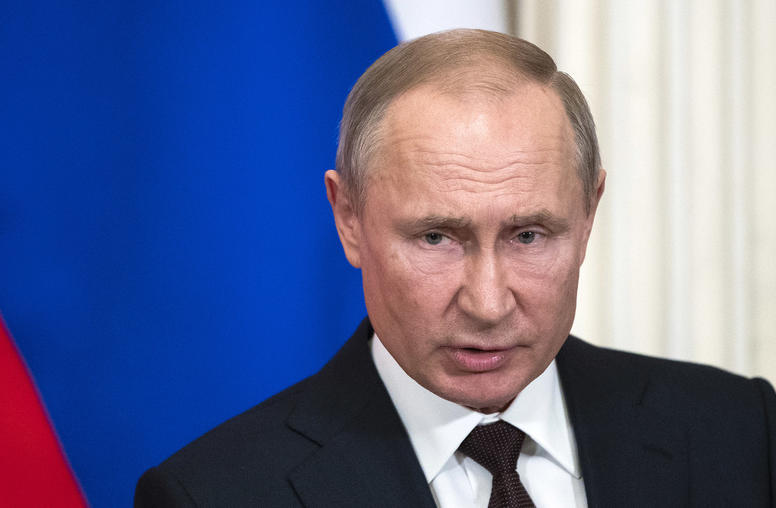
Understanding Russia’s Interest in Conflict Zones
Under Vladimir Putin, Russia’s global ambitions have steadily increased, including in unstable areas of the Middle East, Africa, and the Western Hemisphere. For the most part, Moscow’s activities in these and other areas run counter to Western interests and undermine efforts to mitigate conflict through broad-based, transparent processes. This report outlines the factors that appear to be motivating the Kremlin’s conflict-zone interventions and places them within the larger context of Russian foreign policy interests.
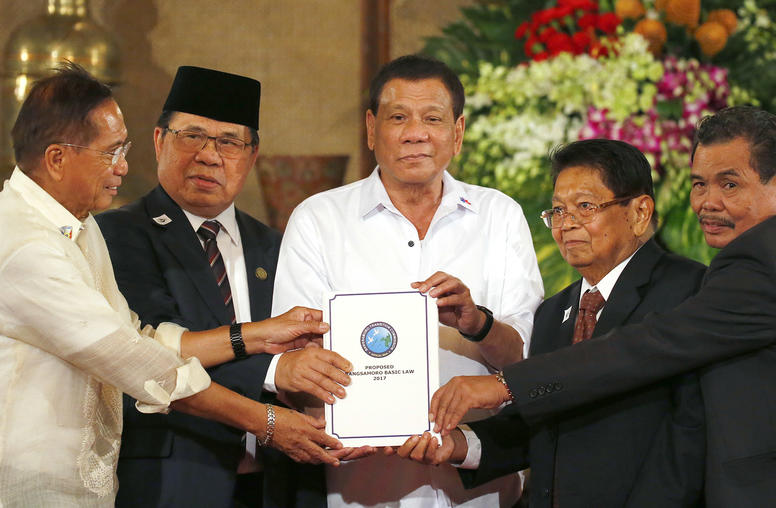
The Challenges Facing the Philippines’ Bangsamoro Autonomous Region at One Year
Just over a year ago, the Bangsamoro Autonomous Region of Muslim Mindanao (BARMM) was formally established as part of a peace agreement to end nearly five decades of conflict between the Philippine government and Moro secessionists. This report discusses the many notable achievements of the BARMM government during its first year while cautioning that these accomplishments are not irreversible, and that the BARMM will need international support—including from the United States—to confront future challenges.
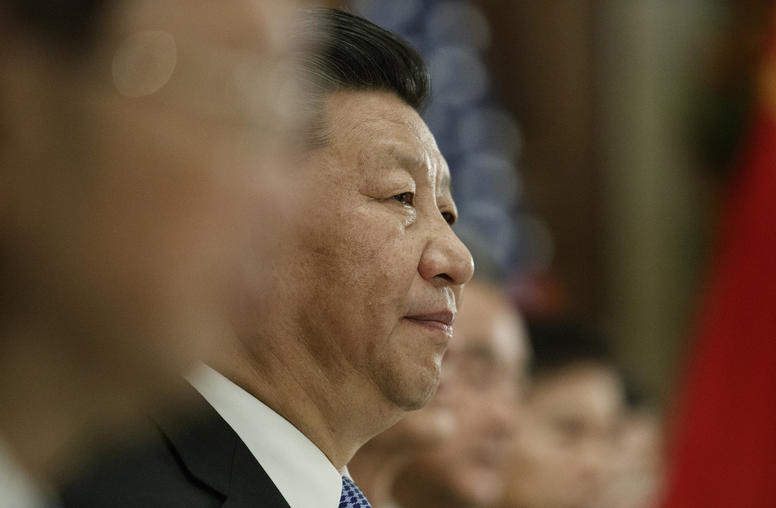
China’s Periphery Diplomacy: Implications for Peace and Security in Asia
China’s foreign policy is expanding in scope and depth and now reaches across the globe. Yet its diplomatic efforts focus on its own complex neighborhood. To advance these interests, China’s leaders practice an interlocking set of foreign affairs activities they refer to as “periphery diplomacy.” This report details the main tools Beijing uses to engage the countries with which it shares borders, assesses the campaign’s effectiveness, and lays out the implications for peace and security in Asia.
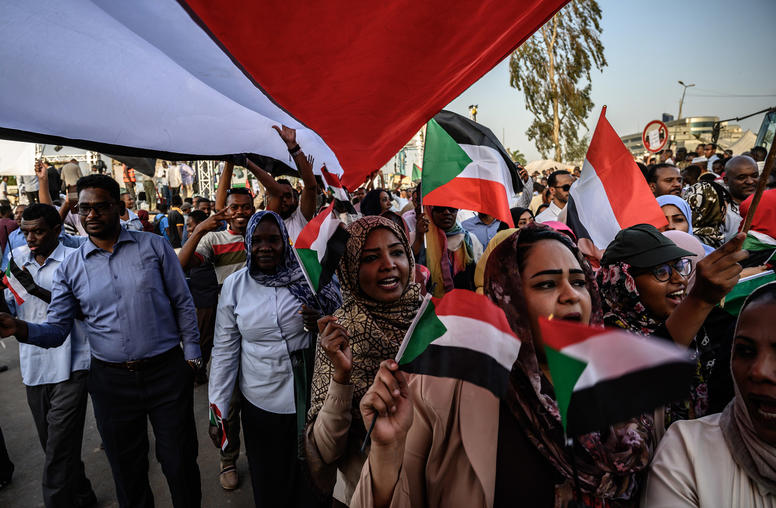
China’s Response to Sudan’s Political Transition
Sudan's decades-long economic relationship with China has almost always been dominated by oil. Yet this relationship has changed significantly in the past decade—first with the loss of oil reserves when South Sudan became an independent nation in 2011, and more recently due to the ouster of longtime ally President Omar al-Bashir. This report, based on interviews with policy officials, diplomats, industry and security experts, and others, examines China’s evolving commercial and political interests in this vital nation in the Horn of Africa.
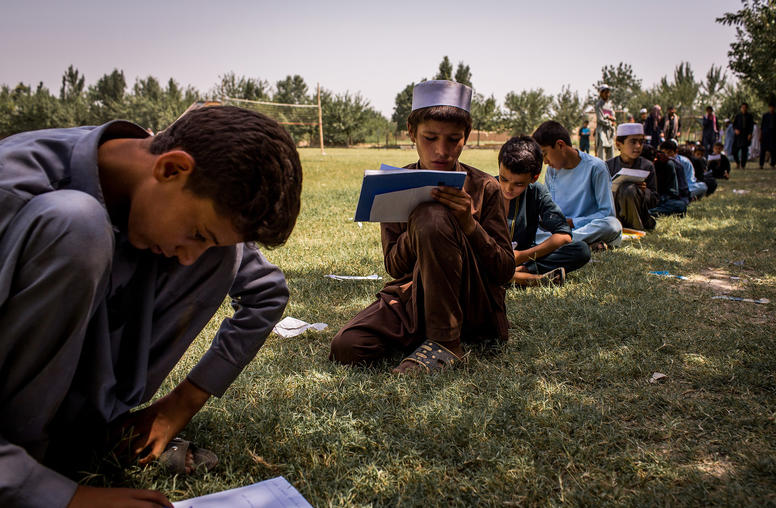
Service Delivery in Taliban-Influenced Areas of Afghanistan
In 2018 and 2019, USIP partnered with the Afghanistan Analysts Network (AAN), a Kabul-based research and policy organization, in an effort to understand how the Taliban provide education, health, and other services to people who live in areas where they are the dominant power. Based on a series of studies conducted by AAN in five districts across the country, the report also examines the Taliban's motivations as a governing entity and their implications for a potential peace settlement.
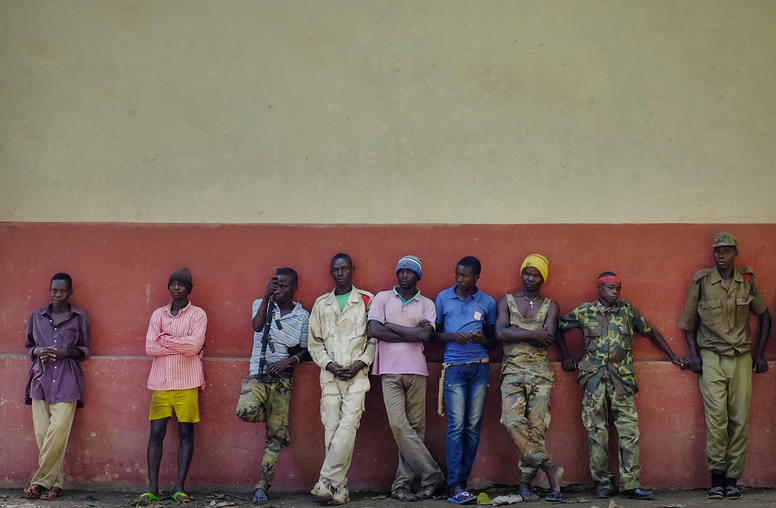
The “Green Diamond”: Coffee and Conflict in the Central African Republic
Coffee production is a fairly small part of the Central African Republic's economy, but it plays an outsize role in the country's ongoing conflict. Armed militia groups that hold sway over the country's main coffee growing regions and trade routes reap millions of dollars in funding to sustain their operations. This report discusses how understanding the political economy of conflict in the Central African Republic can help national and international stakeholders break the cycle of violence.